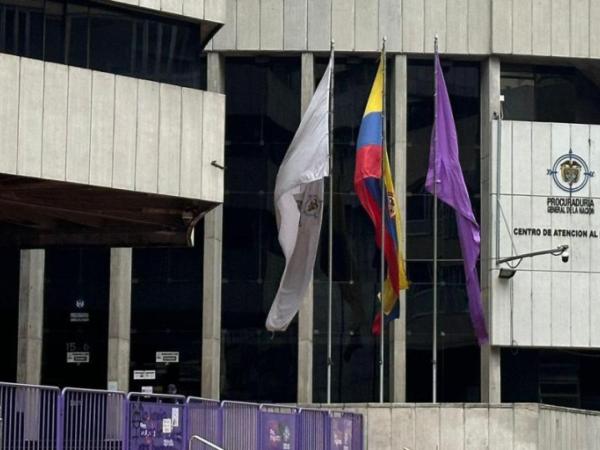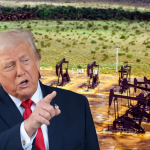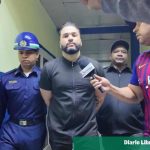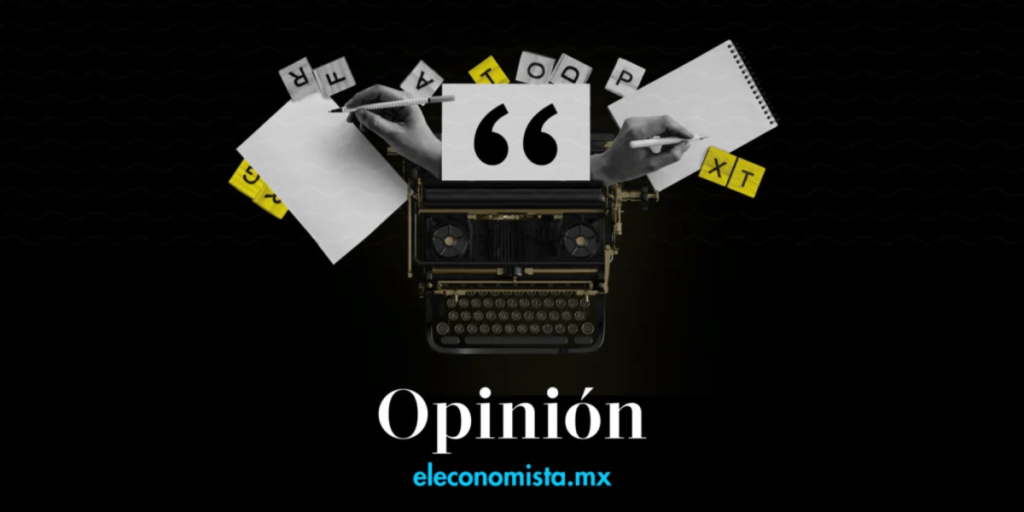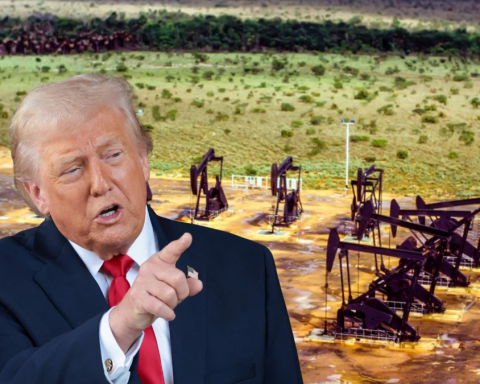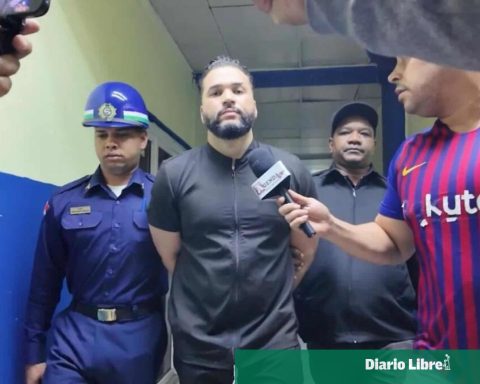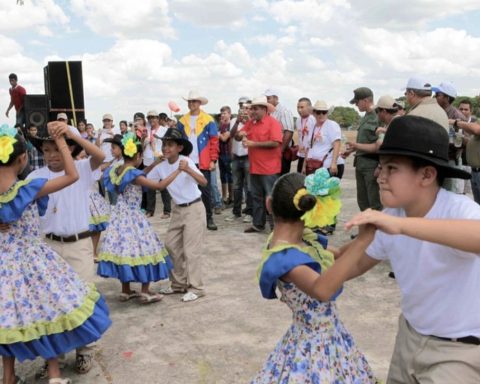The Office of the Attorney General of the Nation, through a letter from the Deputy Attorney for Environmental, Mining, Energy and Agrarian Affairs, Gustavo Guerrero, requested the annulment of the guardianship ruling that suspended activities at the Sirius exploratory well, formerly known as Uchuva-2.
According to the delegated attorney, with the suspension The country’s energy security is at risk, “Regarding gas supply”.
“It is extremely worrying that well activities are being suspended at a time when we are going to need all the available gas for thermal power plants, for cars and, especially, for the supply of domestic gas to homes.“, he added.
(See: What’s next for Uchuva-2 after the challenge to the suspension of gas exploration).
The linking of the entities that should be called to intervene in this legal action was also requested, such as: the National Aquaculture and Fisheries Authority (Aunap), the José Benito Vives de Andréis Institute for Marine and Coastal Research (Invemar), the General Maritime and Port Directorate (Dimar), the port captaincies of Riohacha and Magdalena, to appear and respond to the protection action that was filed Ariel Daniels de Andreis, governor of the indigenous community of Taganga, with the purpose of protecting the right to prior consultation with the community.
Another request from the Attorney General’s Office was for the National Environmental Licensing Authority (Anla), for environmental monitoring and control”to the conditions of the license and its modifying acts so that the right of citizen participation of the interested communities is guaranteed, especially the Taganga indigenous council.“.
(See: The first changes that Ecopetrol will make after the order to suspend the Uchuva-2 well).
Cape Gooseberry 2
What happened to Sirius
On September 12, it was announced that the IV Labor Court of the Santa Marta Circuit ordered the suspension of gas exploration and exploitation activities in the Sirius (Uchuva-2) offshore well, located in the Gua-Off-0 block (formerly Tayrona), in the Caribbean Sea and 32 km from the Colombian coast.
The decision was made under the guidance of indigenous governor Ariel Daniels de Andreis.
(See: Ecopetrol vs. Petrobras and YPF: which oil company has had the best efficiency in recent years?).
Days after the court ruling was announced, the Ministry of Mines and Energy, the Anla, the Ministry of Environment, the Ministry of the Interior, the National Hydrocarbons Agency (ANH), Petrobras and Ecopetrol (the allied companies working on the well) challenged the ruling, seeking “ensure that decisions are made with a robust technical basis and equitable consideration of the rights of those involved, including those of affected communities“.
Ecopetrol itself said that “It is respectful of all communities that could be impacted by the projects and the operations we carry out, this within the framework of our social responsibility, and we comply with all laws, regulations, and regulations related to the development of these projects.“, for which reason they have been carried out”pre-assurance activities that allow preserving people’s lives, protecting the environment and maintaining the integrity of the exploratory well“.
`And the president of the oil company, Ricardo Roa, assured that Sirius “It is important to have gas reserves that the country needs in the coming years, before the end of this decade. “We Colombians have many expectations regarding the extraction of these very important gas reservoirs. This well is key to the purpose of guaranteeing the country’s energy security.“.
(See: The reasons why JP Morgan lowered Ecopetrol’s rating).

Ricardo Roa, president of Ecopetrol.
Finally, Ecopetrol made the decision to change the names of the Uchuva-2 well and the Tayrona block to Sirius and Gua-Off-0, respectively, and began the process with the authorities to modify the names in administrative acts, licenses, contracts and other official documents that have been issued under the previous denominations.
PORTFOLIO
